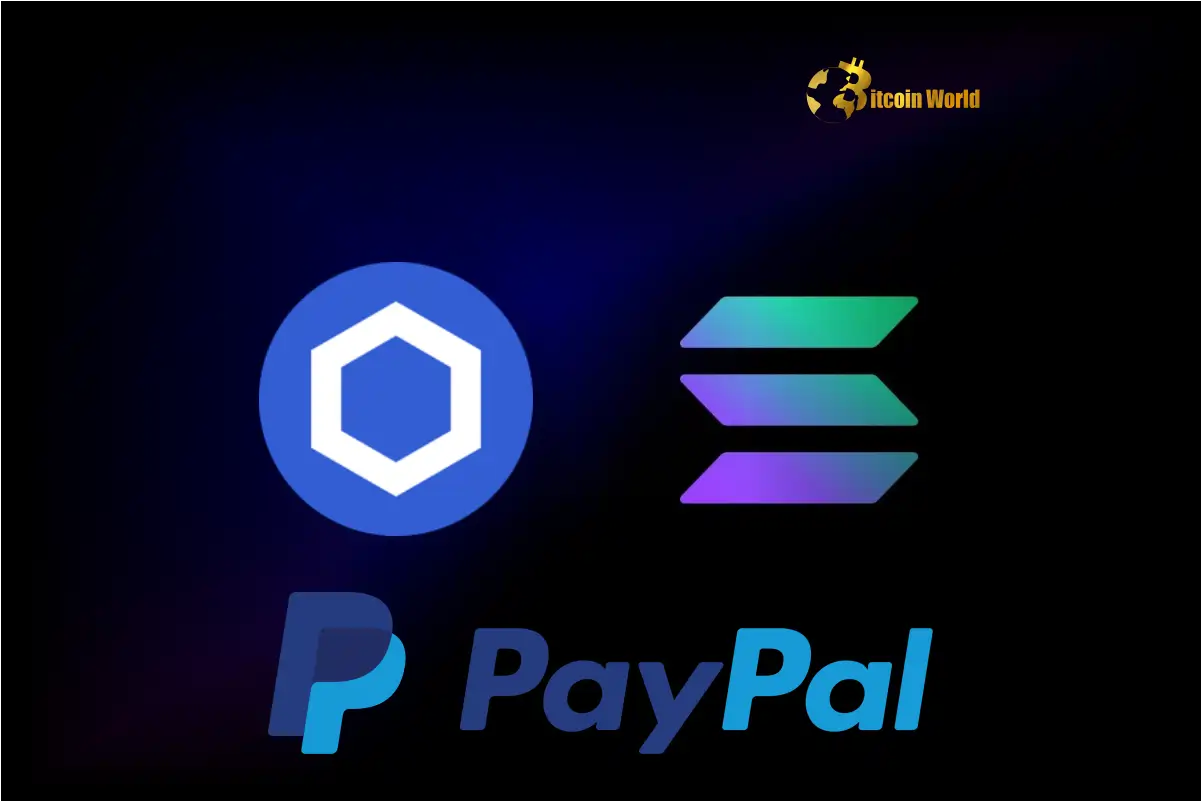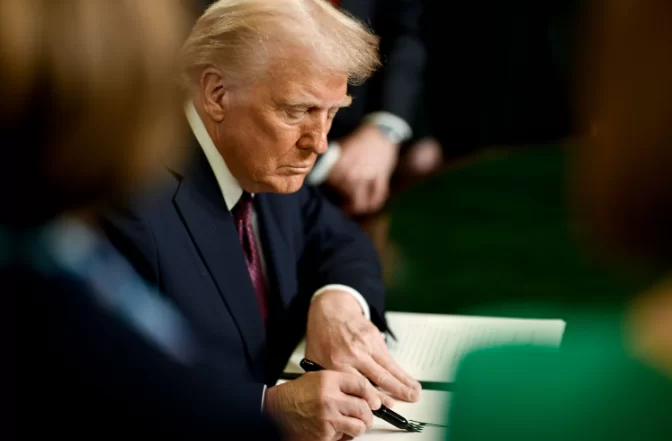The world of cryptocurrency investments is buzzing with anticipation as Grayscale Investments, a leading digital asset manager, has officially taken a significant step towards broader market accessibility. In a strategic move that could reshape the landscape of crypto investment vehicles, Grayscale has filed with the U.S. Securities and Exchange Commission (SEC) to convert its Digital Large Cap Fund into a highly sought-after exchange-traded fund (ETF). This development, confirmed through an S-3 filing on April 1st, marks a pivotal moment in the ongoing evolution of digital assets and their integration into mainstream finance. Let’s delve into what this exciting news means for investors and the future of crypto ETFs.
What’s the Buzz About Grayscale’s Digital Large Cap Fund and the ETF Conversion?
Grayscale’s Digital Large Cap Fund (GDLC) isn’t a newcomer to the crypto scene. It’s an investment product designed to provide exposure to a diversified portfolio of large-cap digital currencies. Think of it as a basket holding some of the most prominent cryptocurrencies, weighted by market capitalization. Currently, GDLC trades over-the-counter (OTC), which, while providing access to crypto assets, comes with certain limitations compared to ETFs.
The move to convert GDLC into a crypto ETF is a game-changer because ETFs are traded on traditional stock exchanges, making them significantly more accessible to a wider range of investors, including institutional players and retail investors who prefer the familiarity and ease of use of established exchanges. This conversion is not just a name change; it’s a fundamental shift in how investors can access and interact with this basket of digital assets.
Here’s a quick breakdown of why this conversion is so significant:
- Increased Accessibility: ETFs trade on major stock exchanges, making them easily accessible through brokerage accounts that millions of investors already use. No need to navigate the complexities of crypto exchanges or wallets for this diversified exposure.
- Enhanced Liquidity: ETFs generally offer better liquidity compared to OTC products. This means investors can buy and sell shares more easily, potentially leading to tighter spreads and more efficient trading.
- Lower Fees (Potentially): ETFs are known for their competitive fee structures. While it remains to be seen what the exact fee structure of the converted ETF will be, the ETF format often encourages competitive pricing, potentially benefiting investors in the long run.
- Transparency and Regulation: ETFs operate under a robust regulatory framework, offering investors a degree of transparency and oversight that might be lacking in some other crypto investment products. The SEC review process for ETF filings adds another layer of scrutiny and investor protection.
Decoding the SEC Filing: What Does an S-3 Mean for the Crypto ETF?
Grayscale’s submission of an S-3 filing to the SEC is a crucial step in this conversion process. An S-3 form is a “short-form” registration statement used by companies that are already public reporting companies and meet certain requirements. For Grayscale, this suggests they are leveraging their existing reporting history to streamline the ETF registration process.
The SEC filing is essentially Grayscale formally requesting permission to list and trade shares of the Digital Large Cap Fund as an ETF on a national securities exchange. This filing includes detailed information about the fund, its investment strategy, risks, and operational structure. The SEC will now embark on a review process to assess whether the proposed ETF meets the necessary regulatory standards for investor protection and market integrity.
Key aspects the SEC will likely consider include:
| SEC Consideration | Description |
|---|---|
| Market Surveillance | Ensuring mechanisms are in place to detect and prevent market manipulation and fraud in the trading of the ETF’s underlying assets. |
| Custody of Assets | Verifying that the digital assets held by the fund are securely custodied and protected from theft or loss. |
| Valuation and Pricing | Assessing the methodology used to accurately value the underlying cryptocurrencies and ensure fair pricing of ETF shares. |
| Investor Protection | Evaluating whether the ETF structure provides adequate disclosures and safeguards for investors, considering the inherent risks of the cryptocurrency market. |
The SEC’s review process can be lengthy and is not guaranteed to result in approval. However, Grayscale’s move is a strong signal of their commitment to bringing crypto ETFs to the U.S. market and reflects a growing industry-wide push for regulated and accessible crypto investment products.
The Potential Ripple Effect: Impact on the Crypto Market
The potential approval of Grayscale’s crypto ETF could have a profound impact on the broader cryptocurrency market. Here’s how:
- Increased Institutional Investment: ETFs are favored investment vehicles for institutional investors due to their regulatory compliance, ease of trading, and established infrastructure. An approved crypto ETF could unlock significant institutional capital flows into the digital asset space, potentially driving up demand and prices.
- Mainstream Adoption: ETFs simplify crypto investment for retail investors who might be hesitant to directly engage with crypto exchanges or wallets. This increased accessibility can accelerate mainstream adoption of cryptocurrencies as an asset class.
- Validation of Crypto as an Asset Class: SEC approval of a crypto ETF would be a major validation of cryptocurrencies as a legitimate and investable asset class, further solidifying their place in the financial system.
- Competition and Innovation: Grayscale’s move could spur other asset managers to accelerate their own crypto ETF initiatives, leading to increased competition and innovation in the crypto investment product landscape. This could translate into more diverse and sophisticated products for investors.
However, it’s important to acknowledge that the path to ETF conversion isn’t without its hurdles. The SEC has been cautious in approving spot crypto ETFs in the past, citing concerns about market manipulation and investor protection. While Grayscale’s filing is a positive step, the outcome of the SEC review remains uncertain.
Navigating the Challenges of ETF Conversion in the Crypto Space
While the benefits of a crypto ETF are clear, the journey to approval and successful operation is paved with challenges of ETF conversion, particularly in the nascent and volatile crypto market.
- Regulatory Scrutiny: As mentioned earlier, the SEC’s regulatory scrutiny is a significant hurdle. Grayscale will need to address all of the SEC’s concerns regarding market surveillance, custody, valuation, and investor protection to secure approval.
- Market Volatility: The inherent volatility of the cryptocurrency market poses challenges for ETF issuers. Maintaining tracking accuracy and managing risk in a highly volatile environment requires robust operational and risk management frameworks.
- Custody and Security: Ensuring the secure custody of the underlying digital assets is paramount. Crypto custody solutions are evolving, and ETF issuers need to demonstrate to regulators that they have implemented robust and reliable custody arrangements.
- Competition: The crypto ETF space is becoming increasingly competitive. Grayscale will likely face competition from other asset managers vying to launch their own crypto ETF products. Standing out in a crowded field will require a compelling product offering and effective marketing.
Despite these challenges, Grayscale’s experience as a leading digital asset manager and their existing Digital Large Cap Fund product put them in a strong position to navigate these hurdles and potentially pave the way for a successful ETF conversion.
Grayscale’s Pioneering Role in the Crypto ETF Evolution
Grayscale Investments has been a pioneer in providing institutional and accredited investors with access to digital assets. Their Bitcoin Trust (GBTC) has become a flagship product, demonstrating the demand for regulated and accessible crypto investment vehicles. The move to convert the Digital Large Cap Fund into a Grayscale ETF is a natural progression in their mission to bridge the gap between traditional finance and the digital asset world.
This filing signals Grayscale’s long-term vision for the crypto market and their belief in the transformative potential of ETFs to democratize access to digital assets. If successful, this conversion could not only benefit Grayscale but also contribute significantly to the maturation and mainstream acceptance of the entire cryptocurrency ecosystem.
Conclusion: A Strategic Leap Towards Crypto Mainstream
Grayscale’s filing to convert its Digital Large Cap Fund into an ETF is more than just a procedural step; it’s a strategic leap forward in the evolution of crypto investments. It promises to unlock greater accessibility, liquidity, and potentially lower costs for investors seeking exposure to a diversified basket of leading digital currencies. While SEC approval is not guaranteed and challenges remain, this move underscores the growing momentum towards mainstream adoption of cryptocurrencies and the pivotal role ETFs are expected to play. Keep a close watch on this development, as it could very well herald a new era for crypto investing.
To learn more about the latest crypto market trends, explore our article on key developments shaping Bitcoin price action.
News – BitcoinWorld – Read More










